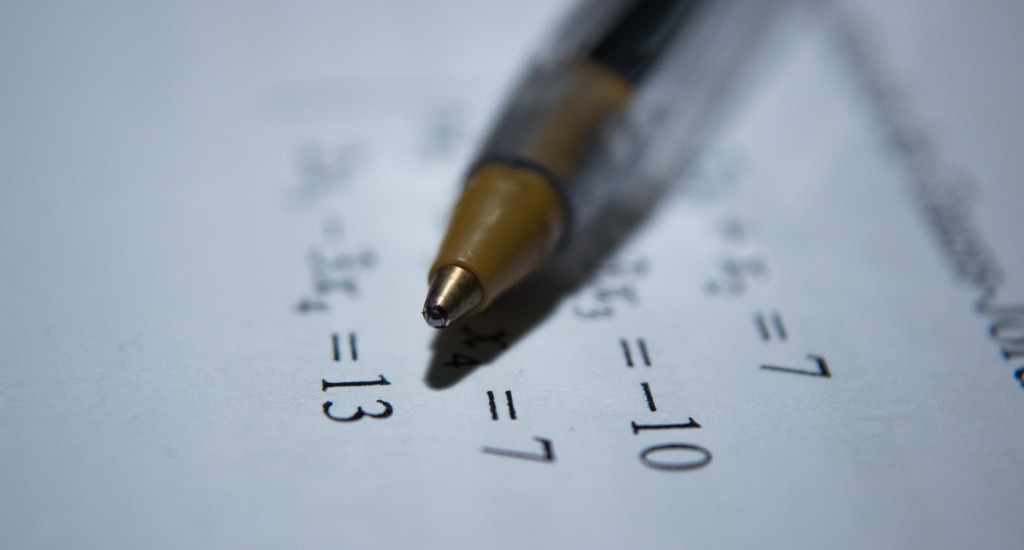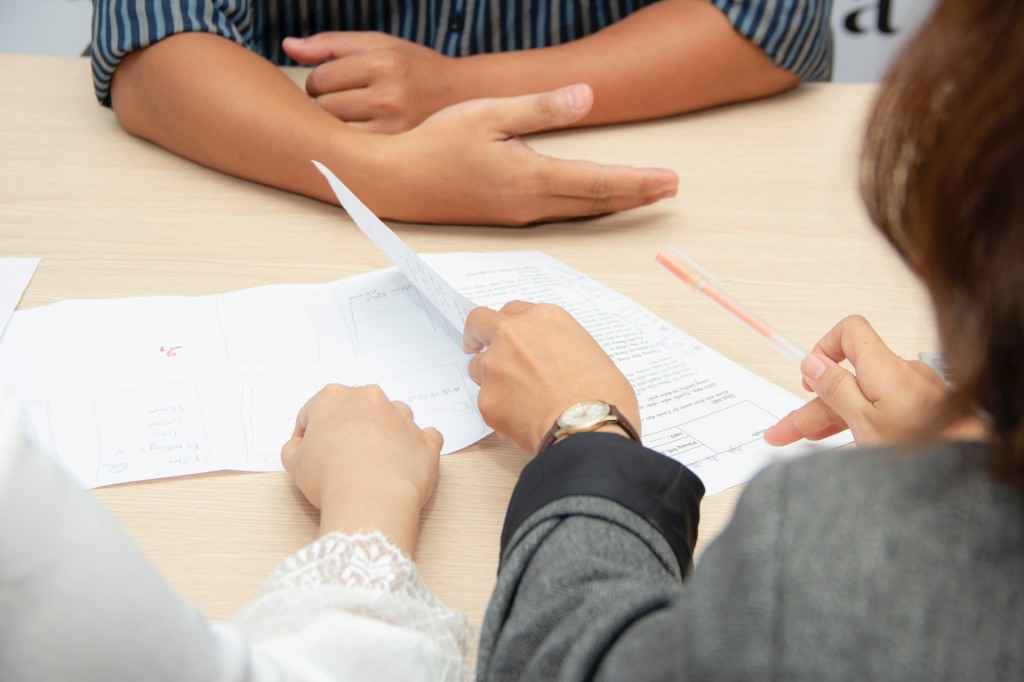As a child, tackling the world of mathematics seemed as difficult as climbing Everest.
However, if you start studying mathematics at an early age and have a motivated teacher who guides you correctly, there is no reason not to pass mathematics.
Therefore, if you wonder if your child is capable of learning multiplication tables, addition, subtraction, etc., the answer is obviously yes, since the mathematics syllabus is taught according to their age, their intellectual maturity. It is important for students to become familiar with math as early as possible.
This will give your child a set of qualities that will serve him throughout his life :
- A guarantee of increase in capabilities
- The opportunity to access prestigious careers and a wide variety of jobs
- Know how to solve a problem and understand why such a decision has been made
- Being able to use new technologies and mainly those of the computer world
- Learn to manage time and money in everyday situations.
Thanks to the practical exercises, to day-to-day examples, your children will gradually open up to numbers, numeration, geometry, algebra, statistics, etc.
Even if you yourself have had difficulties with mathematics, convince yourself that your children are different and have great learning potential.
Ready to discover the arguments we propose in this regard?
Why learn math at a very young age
Children who are younger than the age of going to school more easily develop the skills to acquire basic skills in mathematics.
For example, children can learn the notion of geometry and symmetry by building towers with building blocks or learning the concept of division with Lego pieces, or by sharing their snacks with their peers.
It has also been shown that children under the age of six are already able to distinguish two different images, one with ten light points and one with twenty light points, thus showing an understanding of the numbers compared. They are true champions at math!
In fact, children are more receptive to learning at an early age (around 5 or 6 years old) and, with the help of a teacher who teaches them the fundamental principles of mathematics during that age, they will be better able to develop their math skills than in their adult years.
Why do teachers need to be more educated in mathematics
To teach mathematics, teachers should be more educated, more informed, and better trained in what concerns this subject. In fact, if teachers were more confident in their ability to teach mathematics, children would be more interested, more enthusiastic, and therefore more likely to learn.
Children are authentic emotional sponges: everything depends on the teacher showing all his pedagogy, his know-how, and his motivation to teach this subject so that the children follow him without asking any questions and, above all, without creating psychological barriers before this learning. Why not use educational games and mental calculation games or adapt mathematics at a basic level with the fundamentals?
It has also been shown that an individual teacher who explains concepts in more detail is more effective so that each child can understand and interpret each idea and each theory instead of simply learning by heart. This also shows that children are capable of using and understanding algorithms in many ways.
But if teachers put barriers in the learning of this discipline, they will not be able to instill in children the necessary confidence to demonstrate their full capacity in this subject.
The importance of a good mood
As for everything that a child addresses, the subject of mood is something essential that will influence their grades.
Children who possess or are taught to always have a positive frame of mind and strive to learn to think that they can always develop their intelligence. They are more likely to pass compared to children who have a basic, stable, closed-minded mood. The latter consider that their abilities are limited, while the other children continue to progress and pass.
The development of your mentality accompanies you throughout your life and your experiences.
If your child has problems, he will not solve them if his parents or his teachers only expect him to solve them, because he will probably assume that he has no competence in this regard. When this is applied to math problems, the child will begin to believe that this is not his thing.
You don’t have to learn math by heart; learning by heart is not necessarily the best way to learn to divide, for example. Likewise, starting, for example, with arithmetic exercises is not a good solution.
Are all students capable of learning mathematics?
The answer is more complicated than a simple yes or no.
But with a good environment, support, and an appropriate learning method, children are able to build on their natural thirst for knowledge and develop their skills and a taste for mathematics, which will provide them with great potential to achieve better results in the future.
How can a private teacher help students?
One of the ways to acquire this positive and encouraging approach to learning math is by taking private math lessons.
Contrary to the traditional math classes that your children have already received at school or high school, a private teacher will teach them in a personalized way, according to their level and their way of learning. They will not be part of the class, but the teacher will be able to take care of them personally. Also, there are many online education platforms that provide live one on one mental math classes for kids with a customized curriculum as per different age groups.
The teacher will determine what math gaps are, such as in areas like fractions, statistics, geometry, equations, algebra, etc.
Children are in the process of language acquisition. Parents often expect a lot from them and compare them with other students, which is obviously not the best solution. With a private teacher, the child will have a syllabus and math exercises totally adapted to their level.
From a psychological point of view, a private teacher can bring a lot to his student: he will be able to be positive and explain the notions from a more personal point of view. The child will have the impression that mathematics is easy.
It will be like a personal trainer advising them, motivating them, directing them to new techniques and tricks, and giving them exercises to help them progress. The child will have a real exchange relationship with his math teacher that will make him see this subject with different eyes.
Learning mathematics is not a difficult exercise in itself. It is true that it requires work, personal investment, and time, but everyone is capable of learning mathematics, both children and the elderly.
It is a question of mentality and state of mind: if children are encouraged to work, to achieve it, if they are shown that they have the necessary capacities to learn, then they will learn even without realizing it.
Author – Archana Agarwal is a Postgraduate in International Management from the University of Strathclyde, Scotland, an Entrepreneur, a proud mother to a 7-year-old, and Founder- CEO of Aark Learnings a leading online education platform that provides skill-based holistic education and online coding classes for kids which help in their growth and overall development.


